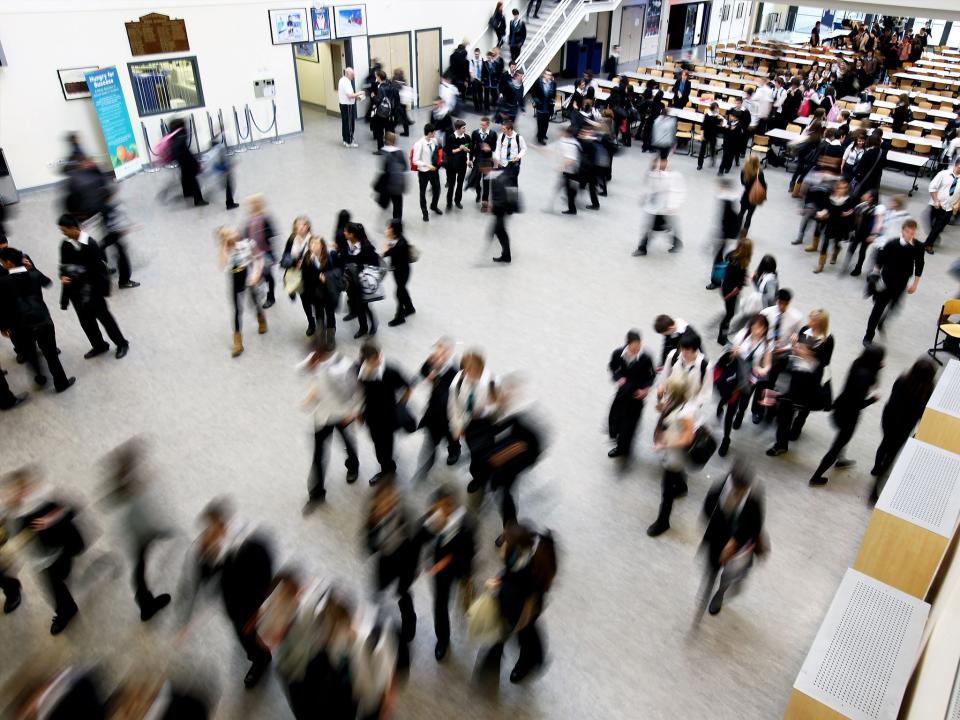Diverse school pupils feel 'warmer' toward other ethnic backgrounds, reveals study

Students in ethnically diverse secondary schools are much more positive about youngsters from backgrounds different to their own, according to new research.
Teenagers in secondary schools with a greater mix of ethnicities showed more warmth towards peers from other ethnic groups than pupils in less mixed schools, the study found.
The study, from researchers from the University of Bristol and the London School of Economics and Political Science (LSE), looked at almost 4,000 Year 10 pupils in state schools in England.
The youngsters were asked questions about their “warmth of feeling” towards different groups - white British, Asian British and black British - on a scale from zero to 100.
The study found that pupils have greater warmth for those from their own group - with a gap between feelings towards their own ethnic groups of nine to 18 points.
“But they feel more positive towards another group if they encounter more pupils from that group in their school, reducing the gap,” the research found.
The warmth felt by black British pupils towards white British pupils increased by 1.04 points for each 10-percentage point increase in the proportion of white British pupils at their school.
And the warmth of white British pupils towards black British pupils rose by 1.74 points for each 10-percentage point increase in the share of black British pupils at their school.
It said: “We show that in schools with more pupils from another ethnic group the gap between a pupil's views of those from her own group and another ethnic group is smaller.”
“We show that towns and cities with ethnically segregated schools have much lower levels of mutual regard among teenagers from different ethnic groups. The value to researching and implementing policies to encourage integration and contact is therefore clear,” the report concludes.
Professor Simon Burgess from Bristol and Professor Lucinda Platt of the LSE, the authors of the report, said: ”Encouragingly for policy-makers, our results show that even small moves away from largely mono-ethnic schools towards more mixed ones produce positive changes.“

 Yahoo News
Yahoo News 